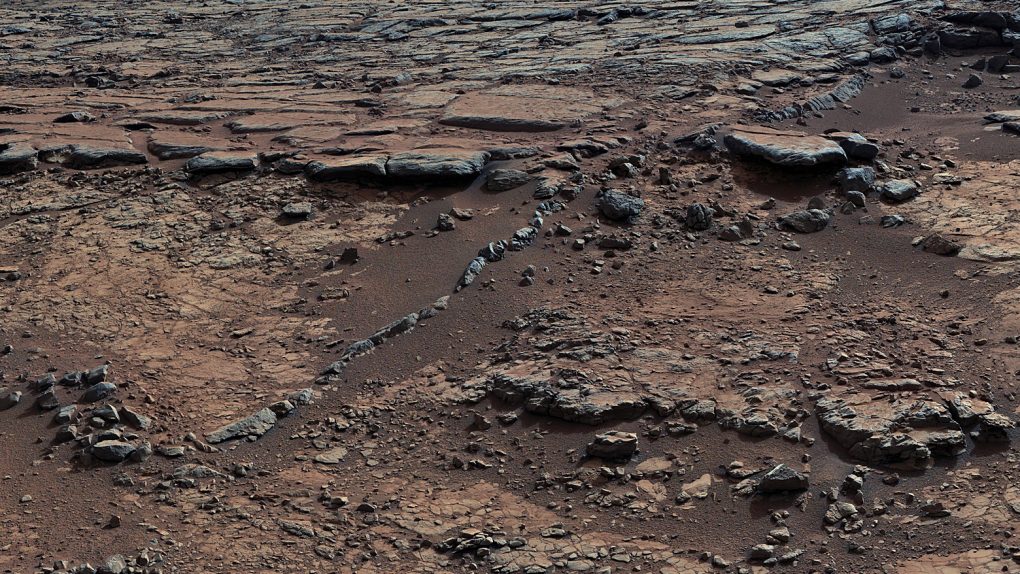- NASA is well aware of the risks of bringing samples back from Mars, and is taking precautions to ensure no microbial life gets loose.
- Samples from the Red Planet will be treated “as though they are the Ebola virus” while being handled by scientists.
- Visit BGR’s homepage for more stories.
We’re in the middle of a global health crisis due to a virus that seemingly came out of nowhere. At this point, the last thing we need is to have to worry about an alien virus invading Earth after laying dormant for millions or billions of years. Believe it or not, it’s a real concern for scientists that are eager to study rocks and material brought back to Earth from Mars.
NASA doesn’t currently have a concrete data for a manned mission to Mars, but it’s already working on the sample-gathering network that will bring the first fresh Martian soil to our plant. The Perseverance rover is capable of collecting and sealing samples that will one day be sent back to Earth.
In a new interview with Stanford’s Scott Hubbard, former director of NASA Ames and scientist specializing in planetary protection, the intense precautions that will be taken to ensure Earth isn’t invaded by alien microbes are discussed at length.
The idea of planetary protection is simple, and it goes both ways. That is, we don’t want to contaminate other planets with microbes or life forms from Earth and we definitely don’t want to accidentally bring alien life back to our planet. How we go about ensuring that neither of those things happens is obviously much more complex.
“I have heard from some colleagues in the human spaceflight area that they can see how, in the current environment, the general public could become more concerned about bringing back some alien microbe, virus or contamination,” Hubbard says.
Hubbard is one of many scientists who contributed to a new report assessing NASA’s planetary protection strategy. The report details how NASA protects other planets from contamination — hint: NASA is really, really good at cleaning things before they go into space — and also addresses the perceived risk of bringing back microscopic organisms from other worlds.
“To guard against back contamination, there is a major effort to ‘break the chain of contact’ between the returning spacecraft and Mars rock samples. For example, autonomous sealing and welding techniques to create three or four levels of containment are planned,” Hubbard explains.
“In my opinion, and that of the science community, the chance that rocks from Mars that are millions of years old will contain an active life form that could infect Earth is extremely low. But, the samples returned by MSR will be quarantined and treated as though they are the Ebola virus until proven safe.”
Well, that’s certainly comforting to hear. If you’re interested in really getting into the nitty-gritty details, the full interview is a great read.








